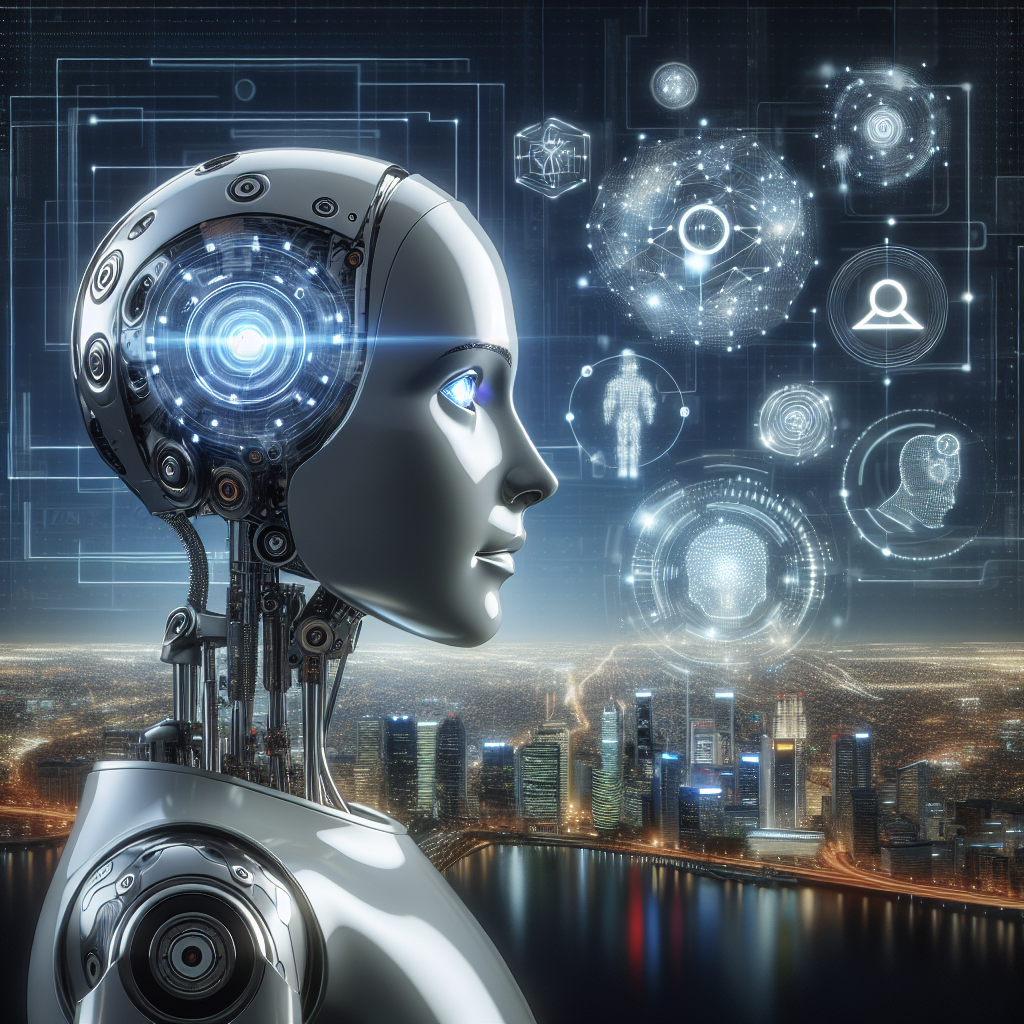The Impact of AI Development on User Experience
Artificial Intelligence (AI) has become an integral part of our daily lives, transforming the way we interact with technology and enhancing our user experience in various ways. From virtual assistants like Siri and Alexa to personalized recommendations on streaming platforms like Netflix, AI has revolutionized the way we access information, products, and services. In this article, we will explore the impact of AI development on user experience and how it has changed the way we interact with technology.
1. Personalization
One of the key ways AI has impacted user experience is through personalization. AI algorithms analyze user data and behavior to create personalized experiences tailored to individual preferences and needs. This can be seen in e-commerce platforms that recommend products based on past purchases, social media platforms that show content based on user interests, and streaming services that suggest movies and shows based on viewing history.
Personalization not only enhances user experience by providing relevant and timely information but also increases user engagement and loyalty. Users are more likely to return to platforms that offer personalized experiences, creating a positive feedback loop that benefits both users and businesses.
2. Automation
AI has also revolutionized user experience by automating repetitive tasks and streamlining processes. Chatbots, for example, use AI algorithms to understand user queries and provide relevant answers in real-time. This not only saves time for users but also reduces the burden on customer service teams, allowing them to focus on more complex issues.
Automation has also improved user experience in areas like content moderation, fraud detection, and data analysis. AI algorithms can sift through vast amounts of data to identify patterns, anomalies, and trends, providing valuable insights that can inform decision-making and improve user experience.
3. Predictive Analytics
AI development has enabled the use of predictive analytics to anticipate user needs and behavior. By analyzing historical data and user interactions, AI algorithms can predict future trends, preferences, and actions, allowing businesses to proactively address user needs and provide personalized recommendations.
Predictive analytics can be seen in recommendation engines that suggest products, services, and content based on user behavior, as well as in predictive maintenance systems that anticipate equipment failures and schedule maintenance before issues arise. By leveraging predictive analytics, businesses can enhance user experience by delivering timely and relevant information that meets user needs.
4. Natural Language Processing
AI has also improved user experience through natural language processing (NLP), which enables machines to understand and generate human language. Virtual assistants like Siri and Alexa use NLP to interpret user queries and respond in a conversational manner, making interactions more natural and intuitive.
NLP has also been used to improve user experience in areas like customer service, content creation, and sentiment analysis. By analyzing text data, AI algorithms can extract insights, identify trends, and classify sentiments, allowing businesses to better understand user feedback and preferences.
5. Ethical Considerations
While AI development has brought numerous benefits to user experience, it also raises ethical considerations around privacy, bias, and accountability. AI algorithms rely on vast amounts of data to make decisions, raising concerns about data privacy and security. Businesses must ensure that user data is handled responsibly and transparently to maintain user trust and compliance with data protection regulations.
Bias is another ethical consideration in AI development, as algorithms can inadvertently perpetuate existing biases and discrimination. Businesses must actively work to identify and mitigate bias in AI systems to ensure fair and equitable outcomes for all users.
Lastly, accountability is a key concern in AI development, as machines make decisions that impact user experience without human intervention. Businesses must establish clear guidelines and processes for AI decision-making to ensure transparency, accountability, and user trust.
FAQs
Q: How does AI impact user experience in e-commerce?
A: AI enhances user experience in e-commerce by providing personalized product recommendations, streamlining the shopping process, and automating customer service interactions.
Q: What are some examples of AI applications in user experience?
A: Examples of AI applications in user experience include virtual assistants, recommendation engines, chatbots, predictive analytics, and natural language processing.
Q: How can businesses ensure ethical AI development?
A: Businesses can ensure ethical AI development by prioritizing user privacy and security, mitigating bias in algorithms, and establishing clear guidelines for AI decision-making.
In conclusion, AI development has had a significant impact on user experience, transforming the way we interact with technology and enhancing our online experiences in various ways. From personalization and automation to predictive analytics and natural language processing, AI has revolutionized user experience by providing personalized, efficient, and intuitive interactions. However, businesses must also consider ethical considerations around privacy, bias, and accountability to ensure that AI development benefits users in a responsible and transparent manner.

